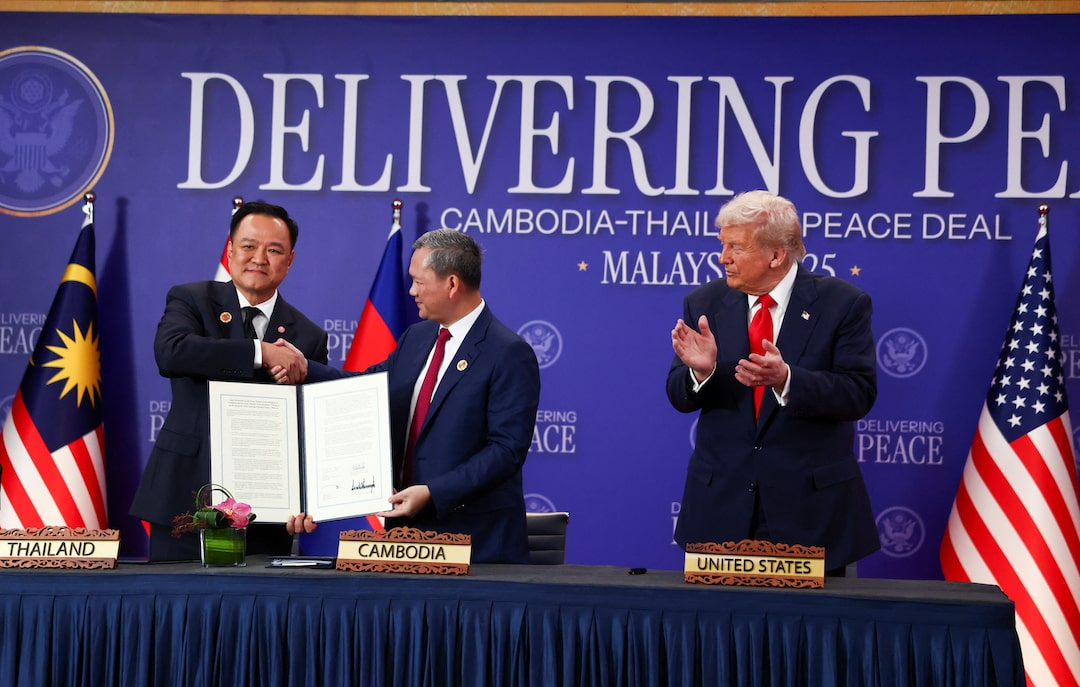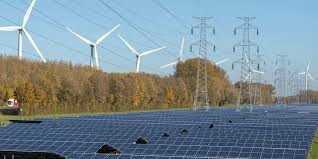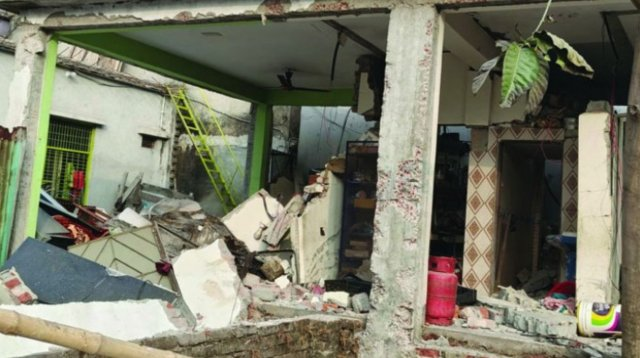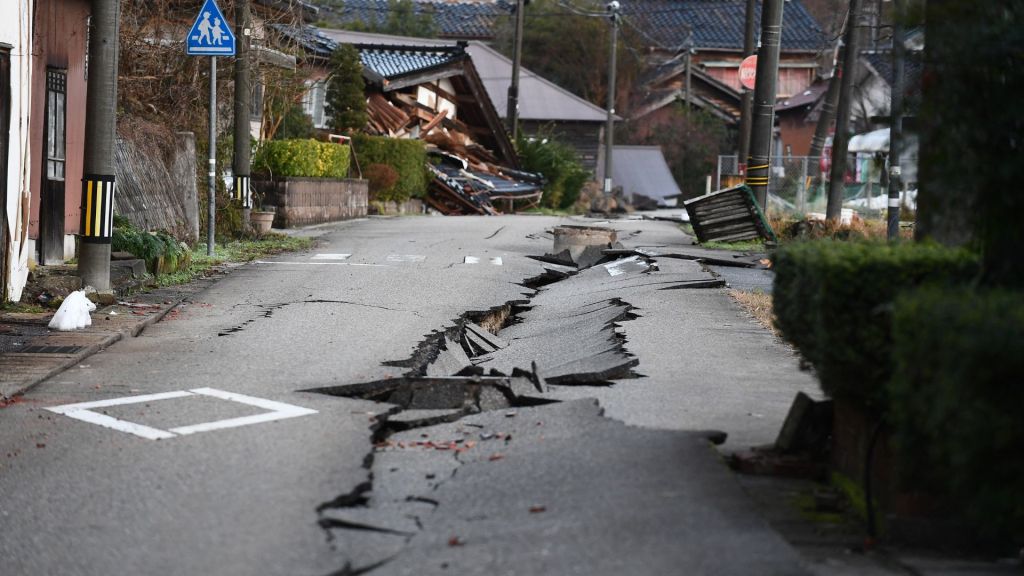THAILAND AND CAMBODIA SIGN BORDER CEASEFIRE AS TRUMP ARRIVES IN ASIA

Ceasefire deal under U.S. and ASEAN spotlight
Thailand and Cambodia have signed what both governments are calling an expanded border ceasefire agreement aimed at stopping the recurring armed flare-ups that have killed soldiers and civilians along their contested frontier. The signing took place in Kuala Lumpur on Sunday, 26 October 2025, on the sidelines of the Association of Southeast Asian Nations (ASEAN) summit. U.S. President Donald Trump stood beside Cambodian Prime Minister Hun Manet and Thai Prime Minister Anutin Charnvirakul at the brief ceremony, framing the deal as proof that “regional problems can be solved in the region,” according to officials at the summit. The two neighbors said they will pull back forward units, reopen stalled joint border patrols and establish an incident hotline so future clashes do not escalate into artillery exchanges. Both leaders described the move as “not cosmetic,” saying it covers live checkpoints where troops faced each other at close range for years.
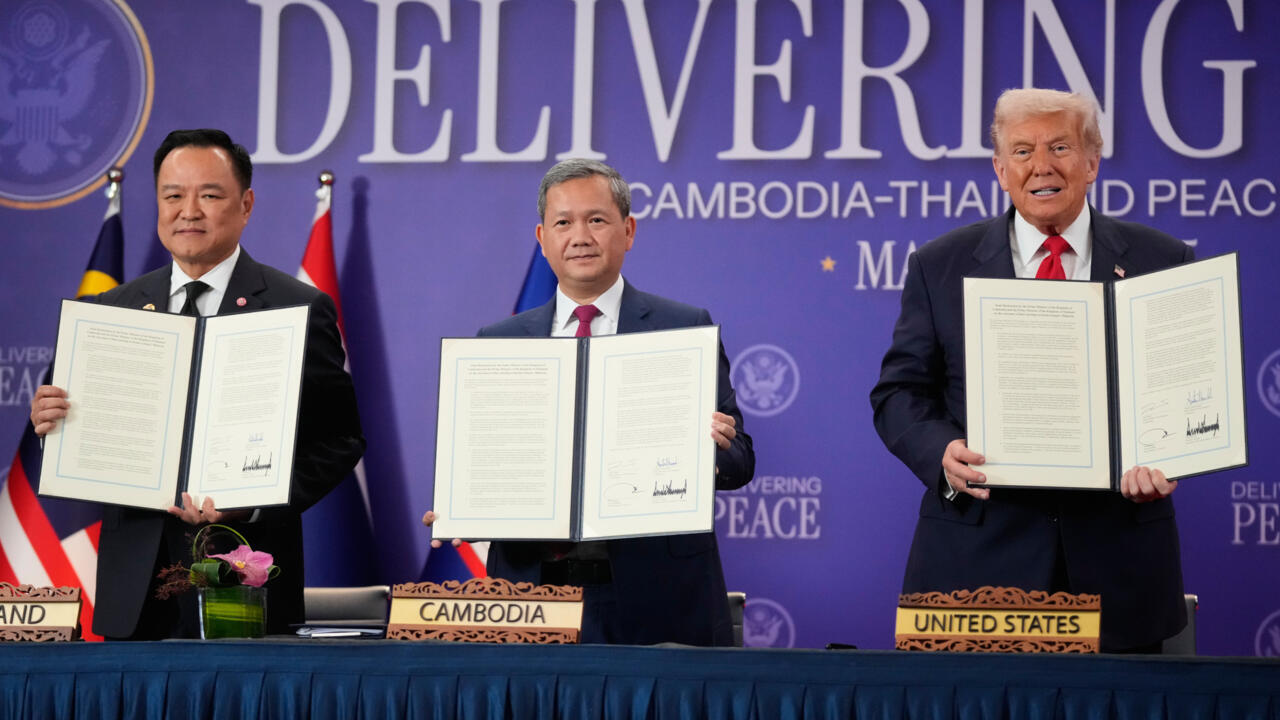
Regional stakes in a fragile moment
The ceasefire is also meant to calm a wider security picture. ASEAN diplomats say they want to show basic stability in mainland Southeast Asia at a moment when Washington and Beijing are pressuring governments across the region to choose sides on defense access, rare earths, and data infrastructure. Trump is using his first multi-country Asia trip of the term to pitch U.S. security guarantees and investment, while signaling he expects partners to “handle their own local disputes” so the United States can focus on China and trade. Thai and Cambodian officials privately admit that border incidents have sometimes been used for domestic politics. They now promise joint public reporting of any new incident, which could make it harder to inflame nationalist sentiment at home. Analysts in Kuala Lumpur and Bangkok say the real test will come after the summit, once cameras leave and local commanders return to long-contested ground. Still, ASEAN ministers called the announcement a win. They argued that any concrete de-escalation between two U.S.-aligned security partners on the mainland helps the bloc push a message of “regional problem-solving” ahead of Trump’s expected talks this week with Japan, South Korea and, separately, China’s Xi Jinping.


